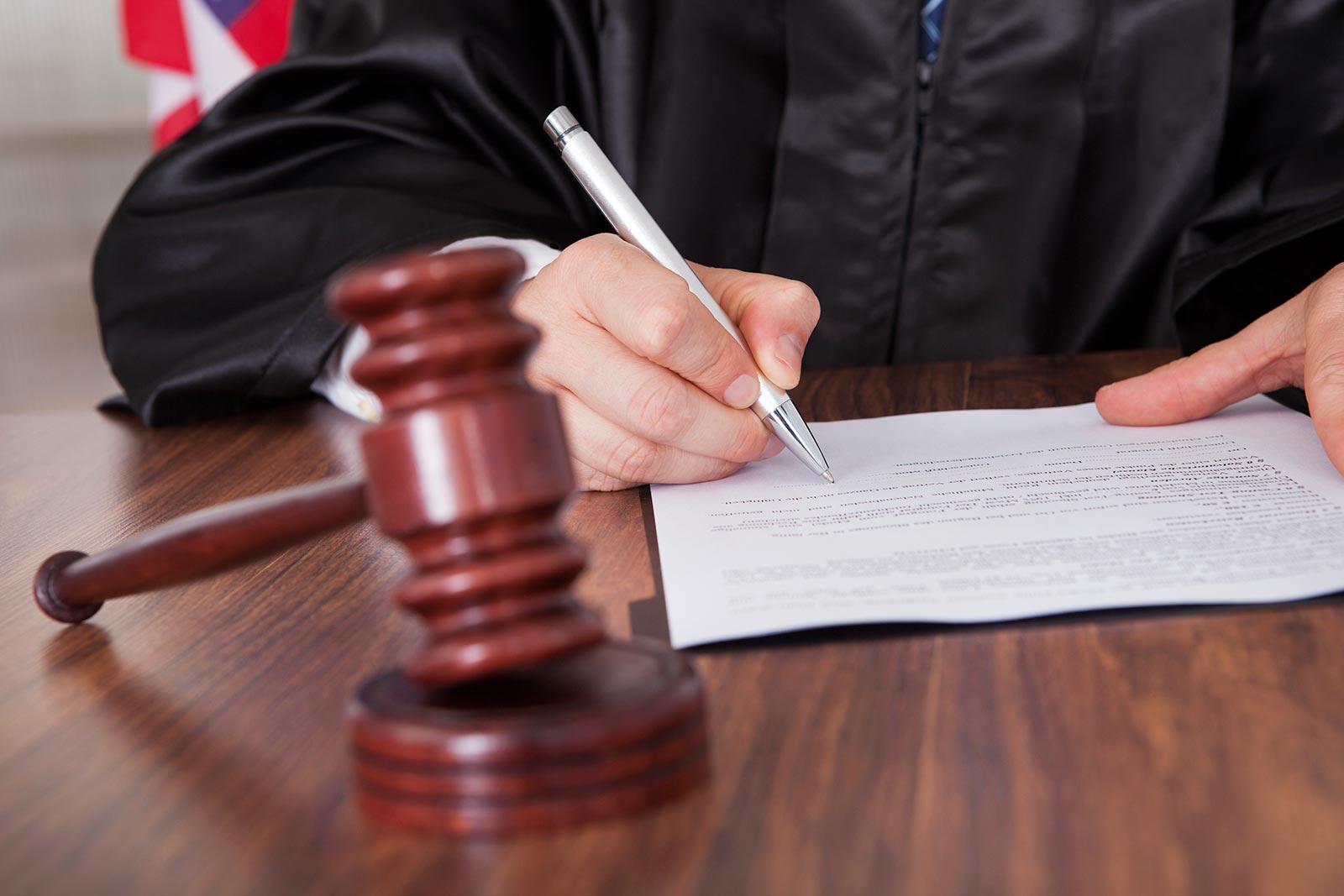
In Oklahoma, DUI (Driving Under the Influence) laws are not only for alcohol impairment. You can also be charged with a DUI for driving under the influence of drugs, whether they are prescription medications, over-the-counter drugs, or illegal substances. Understanding the broader scope of DUI laws in Oklahoma is crucial for all drivers. Here, we’ll take a look at what constitutes a DUI for substances other than alcohol in Oklahoma. DUI Laws in Oklahoma DUI laws prohibit operating a motor vehicle while impaired by any substance that… Read More









